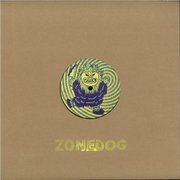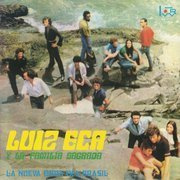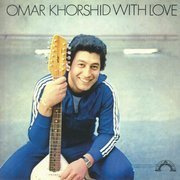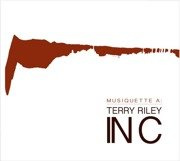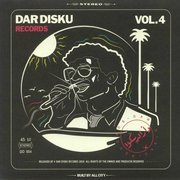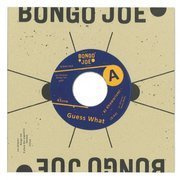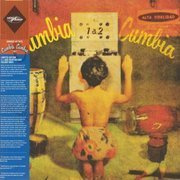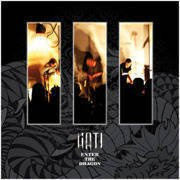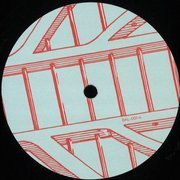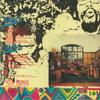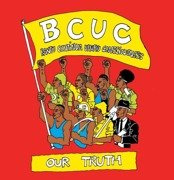- PLAY ALL / Azumah - 01 Emigodini Yasegoli.mp3 (Long Time Ago) / Azumah - 02 Nkombose.mp3 (Long Time Ago) / Azumah - 03 Woza Moya.mp3 (Long Time Ago) / Azumah - 04 Inkojane Mnyama.mp3 (Long Time Ago) / Azumah - 05 Saphelisizwe.mp3 (Long Time Ago) / Azumah - 06 Zamadlozi.mp3 (Long Time Ago) / Azumah - 07 Intombenjani.mp3 (Long Time Ago) / Azumah - 08 Nyamsoro.mp3 (Long Time Ago) / Azumah - 09 African Unite.mp3 (Long Time Ago)
- 01 Emigodini Yasegoli.mp3 / Azumah - 01 Emigodini Yasegoli.mp3 (Long Time Ago)
- 02 Nkombose.mp3 / Azumah - 02 Nkombose.mp3 (Long Time Ago)
- 03 Woza Moya.mp3 / Azumah - 03 Woza Moya.mp3 (Long Time Ago)
- 04 Inkojane Mnyama.mp3 / Azumah - 04 Inkojane Mnyama.mp3 (Long Time Ago)
- 05 Saphelisizwe.mp3 / Azumah - 05 Saphelisizwe.mp3 (Long Time Ago)
- 06 Zamadlozi.mp3 / Azumah - 06 Zamadlozi.mp3 (Long Time Ago)
- 07 Intombenjani.mp3 / Azumah - 07 Intombenjani.mp3 (Long Time Ago)
- 08 Nyamsoro.mp3 / Azumah - 08 Nyamsoro.mp3 (Long Time Ago)
- 09 African Unite.mp3 / Azumah - 09 African Unite.mp3 (Long Time Ago)
Azumah was the coming together of a group of talented young dancer-musicians from Soweto (South Africa) with musician and instrument-maker Smiles Mandla Makama of eSwatini (formerly Swaziland). Long Time Ago is the surprising and enticing, resultant album from 1985, recorded in the house of theatre stalwarts Des and Dawn Lindberg in Johannesburg.
Produced by David Marks (3rd Ear Music, Hidden Years Music Archive Project), Des Lindberg and Smiles Makama, this album takes us back to a priceless musical moment in the dark and wild eighties of apartheid South Africa. Smiles Makama is a gifted and visionary music-maker. He was born in South Africa but grew up in eSwatini, the small kingdom enveloped by South Africa and Mozambique on each side. He tells the story of the process leading to the recording of this remarkable album: “I was invited from Swaziland by a Soweto-based group, Azumah. … One of the members knew that there was a wizard in the mountains in Swaziland, building instruments. As I was in the mountains in my hut and then I saw people arrive. They found me. It all started there.”
Instead of simplistic images of a generic ‘Africanness’ or ‘South Africanness’ and pictures of constructed and exotic ethnic identity, a contemporary, fresh listen to this album encourages an appreciation of the composition and musical skill at play in this music. Few people speak about the individual innovation and experimentation involved in the creation of this music (or the music of Amampondo for instance). “Woza Moya” sticks out as a dark and melancholy creation, different tonally to what has come before, evoking the work of Naná Vasconelos or Don Cherry. One thing that remains the same decades later is that encouraging deeper listening to the sounds of the mbira, the nyunga-nyunga, the uhadi or makhoyane bows is still challenging. Discouraging the superficial, short-lived acknowledgement of this ‘unchanging’, ‘African cultural expression’ is the everlasting hurdle. This is made so much easier by albums like Long Time Ago: when artists create music to be loved and entangled with, to be challenged by, derived from the musical roots and structures of these instruments and then expanded upon with creative freedom, risk, humour and funk.
Azumah did this in 1985 and we have this album again today, newly released, to remind us of that moment and the moments since when musicians have urned inward and done similar. As Smiles has it: “Indigenous music doesn’t fade out. It’s just waiting to be discovered, all the time.”




